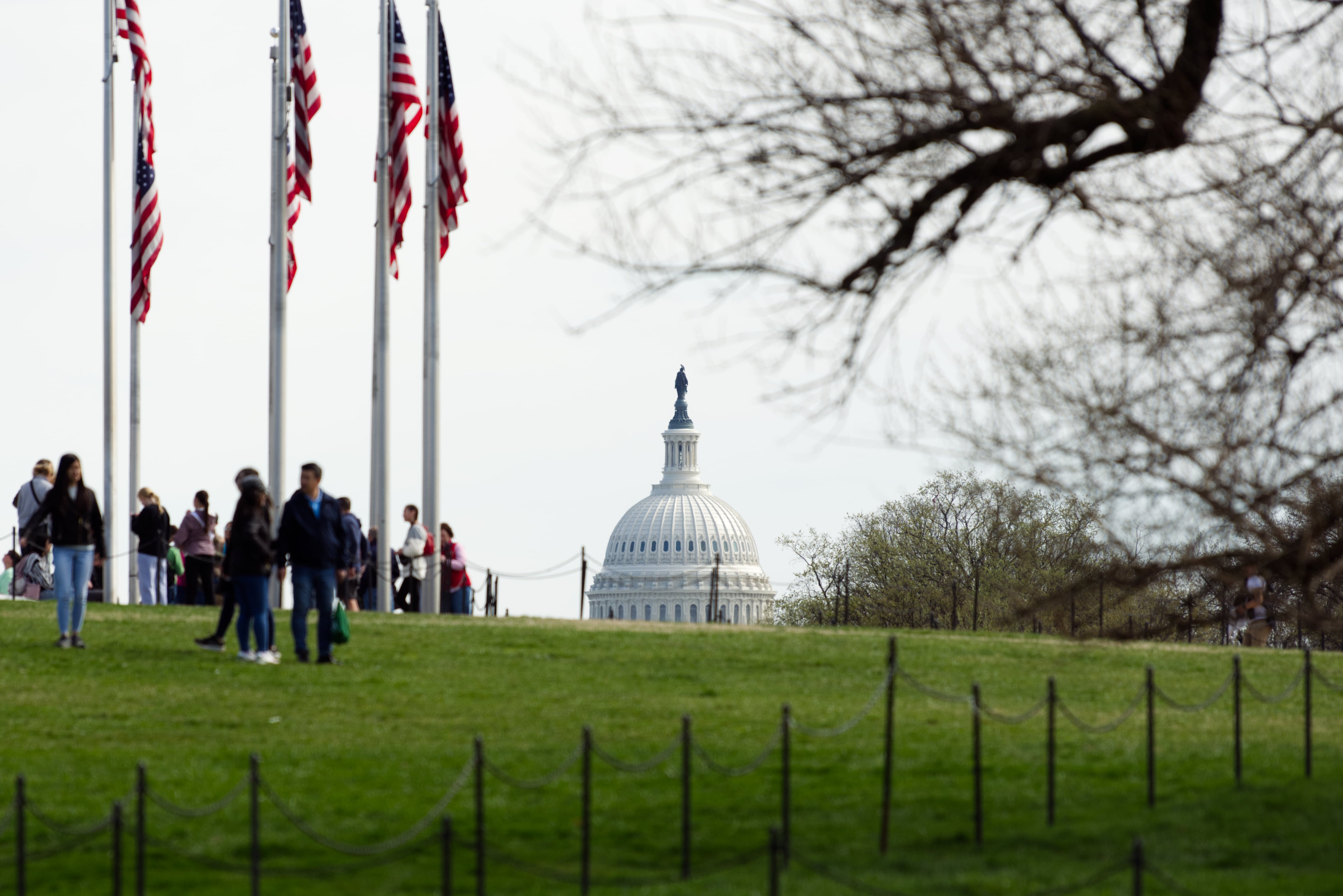Federal agencies have been instructed to only exempt employees from the COVID-19 vaccine mandate for legal requirements, such as a disability or sincerely held religious belief.
But feds with medical needs that don’t meet the definition of a disability may still qualify for an extension on the Nov. 22 vaccination deadline, according to guidance issued by the Safer Federal Workforce Task Force Oct. 4.
“Agencies that receive documented medical reasons that may not qualify as a disability but that necessitate a delay in vaccination should grant extensions but specify, consistent with the nature of the medical necessity, by what date the employee must be fully vaccinated,” the guidance says.
Medical reasons for a delayed vaccination include those with current COVID-19 infections, people with a history of multisystem inflammatory syndrome, people who have received monoclonal antibodies or convalescent plasma for COVID-19 treatment, people undergoing immunosuppressive therapies, people who developed myocarditis or pericarditis after their first COVID vaccine dose, and people who have myocarditis or pericarditis unrelated to a COVID vaccine.
“In circumstances in which delay pursuant to these clinical considerations means that an employee is not fully vaccinated by Nov. 22, 2021, the agency should require that individual to receive their first (or if a one-dose series, only) dose no later than two weeks after clinical considerations no longer recommend delay. If receiving a two-dose series, the employee should be required to receive the second dose within six weeks of receiving the first dose,” the guidance states.
“If the employee already received a first dose of a two-dose series, they should be required to receive their second dose no later than two weeks after clinical considerations no longer recommend delay.”
Pregnancy or breastfeeding does not on its face warrant a vaccination delay, as the Centers for Disease Control and Prevention strongly recommends vaccination for such people, but other medical conditions related to pregnancy or recent birth may require a delay.
Feds with extreme allergic reactions to their first dose of the COVID-19 vaccine or a known extreme allergy to components of the vaccines may also qualify for an exemption.
Jessie Bur covers federal IT and management.





